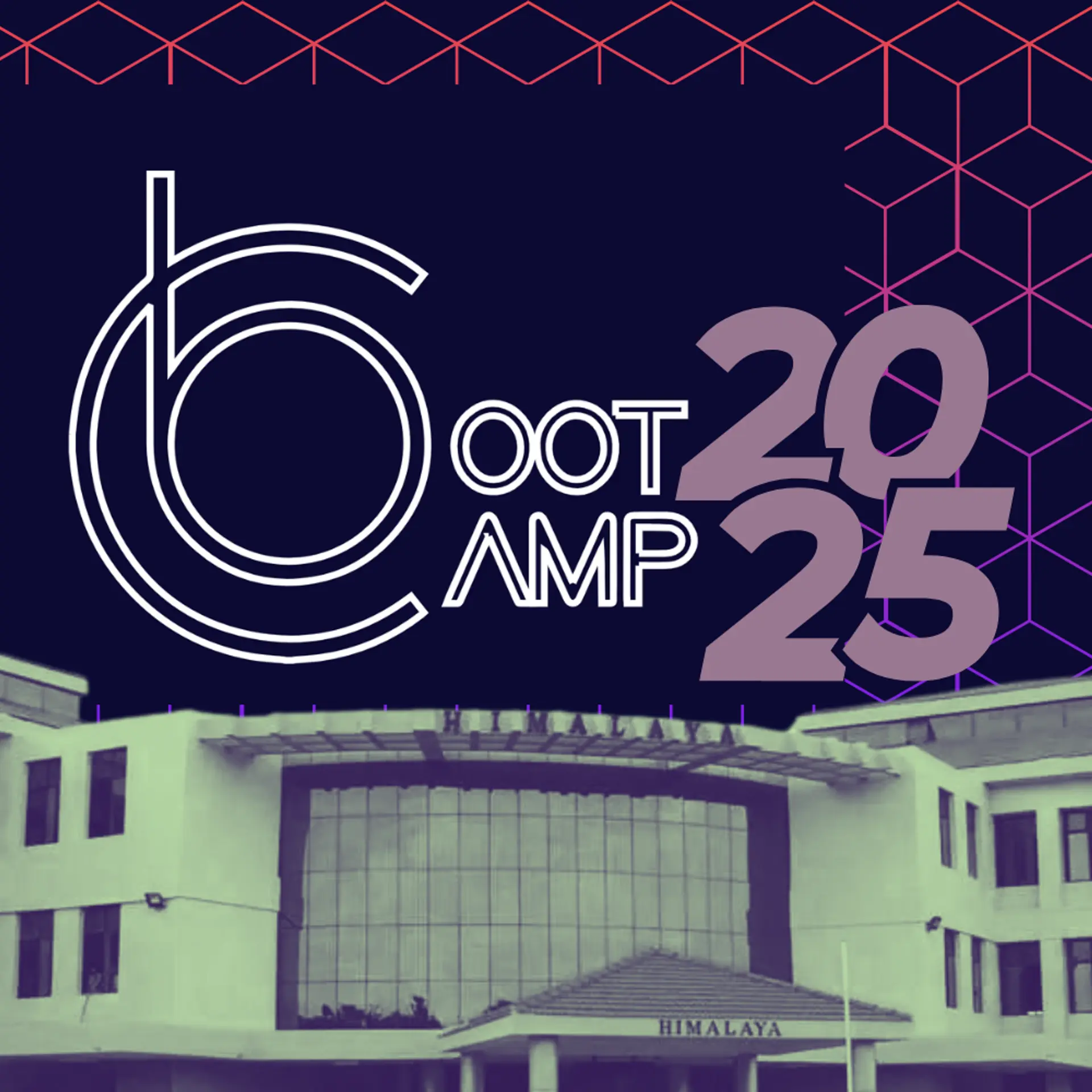How this social entrepreneur revived Skilled Samaritan to build the IKEA of sustainable furniture
Gauri Gopal revived Skilled Samaritan that now sells sustainable furniture like charpoys, chairs, and tables made by more than 100 women in rural India.
Social entrepreneur Gauri Gopal has always known to take the road less travelled and endure the challenges in her path. While pursuing her master’s in finance and economics from the University of Warwick in the UK, she signed up for a three-month long internship in Peru, South America, and worked to meet her travel expenses.

Gauri Gopal, Founder of Skilled Samaritan
Gauri interned with a not-for-profit that provides micro credits to women in Trujillo, Peru. As part of her work, she tracked inventory and locally manufactured goods with people from 15 different nationalities and says it was the most stimulating experience of her life.
It was natural for the former Deutsche Bank employee to break free from what she calls the monotony of corporate life after working for two years. Her venture began its rocky, but satisfying journey from a website in 2012.
It is a platform where skilled people can volunteer and contribute towards social and sustainable development.
Its first initiative was launched when a group of students from the National Power and Training Institute in Delhi approached Gauri to explore the revival of Sirohi village, 40 km from Delhi.
It was a beautiful arcadian village with artificial lakes formed as a result of abandoned quarries and was almost deserted. The group decided to started an eco-walk to introduce tourists to the natural beauty and surroundings of Sirohi.
“During an evening walk from the mountain to the village after sunset, we realised there were no lights in the village, and we had to use our phone torches. Without electricity, it was difficult for the to work and the children to study,” she recalls.
The entrepreneur partnered with the Bechtel Corporation and Engineers Without Borders and set up solar power panels, which brought down the electricity cost from Rs 550 to Rs 70 per month. In three years, Skilled Samaritan was able to provide electricity to two more nearby villages and 10 schools in Uttar Pradesh.
A samaritan’s rugged path
However, for the most part, Gauri felt alone in in her journey to make a difference as the villagers did not seem to care enough. The solar power model she had built failed after six months because villagers stopped paying for it and believed it should be free of cost because they are poor.
“It was complicated and that's when I really understood hands-on development. Sometimes, you might want to provide things like electricity and food to people but maybe that's not what they need. And till the time the community agrees to work with you on a financial model – because I am not a fan of charity – I can't do anything for them because they start leveraging the fact that they are poor to get things for free, which is the unfortunate truth of working in low-income communities,” Gauri shares.
In 2015, Gauri put a hold on the venture and worked with several tech startups but no stint lasted for more than six months. In October 2019 while working at a UN-funded startup, Gauri decided to revive Skilled Samaritan, this time, by empowering the women of the community.
During her travels to the village, she noticed how women were capable of doing almost everything but were not financially empowered. She compared it to t he frustration of her own mother who was emotional and financially dependent on her father. She felt it was time to revive Skilled Samaritan with women as its focus.

Skilled Samaritan's sustainable furniture
Twenty-six-year-old Gauhar Fatima, who used to make small stools and sell at weddings for mere Rs 20 to Rs 50 a piece became the first woman to join Gauri as Skilled Samaritan began its second innings. Taking care of four children, her mother, and a husband who was sick most of the time, Gauhar could not afford to care for what her conservative society would think of a woman of the house taking up responsibility for earning, she started weaving the designs that Gauri shared.
This led to a domino effect and encouraged more women – around 100 now – to follow suit and become financially independent.
Skilled Samaritan leverages these women’s skills in weaving and charpoy making to make various sustainable household products like boxes, chairs, tables, charpoys, lamps, planters, and other accessories of contemporary appeal. The startup’s range of bags were also showcased at the Lakme Fashion Week.

Weaving sustainable furniture
With three different prices ranging from Rs 800 to Rs 5000, Rs 5000 to Rs 10,000 and above, the entrepreneur started marketing these products on social media sites like Instagram and Facebook.
Gauri is driven towards building customer trust as a brand and says she does not wish Skilled Samaritan to be treated as a charity organisation. While catering to direct orders through its website, Gauri is focused on operating largely on B2B model to ensure continuity of orders and counts on WeWork and Azure Hospitality among its clients. It has also exported hanging charpoys to an Indian restaurant in Geneva and worked on an installation for a NASSCOM event.
However, following the COVID-19-induced lockdown, Gauri has been trying to market more aggressively on B2C channels. The startup is looking to raise funds and hopes to launch a separate brand called Sirohi, in honour of the village where the journey began.
Her biggest learning, she believes, has been working with the community. “It is what they want more than what you want to give to them, and imposing is like giving them mineral water when they are fine with tap water,” she explains.
A sprinter throughout her school life, Gauri says, social entrepreneurship is a marathon, the journey is more important than reaching the finish line.
Edited by Rekha Balakrishnan










